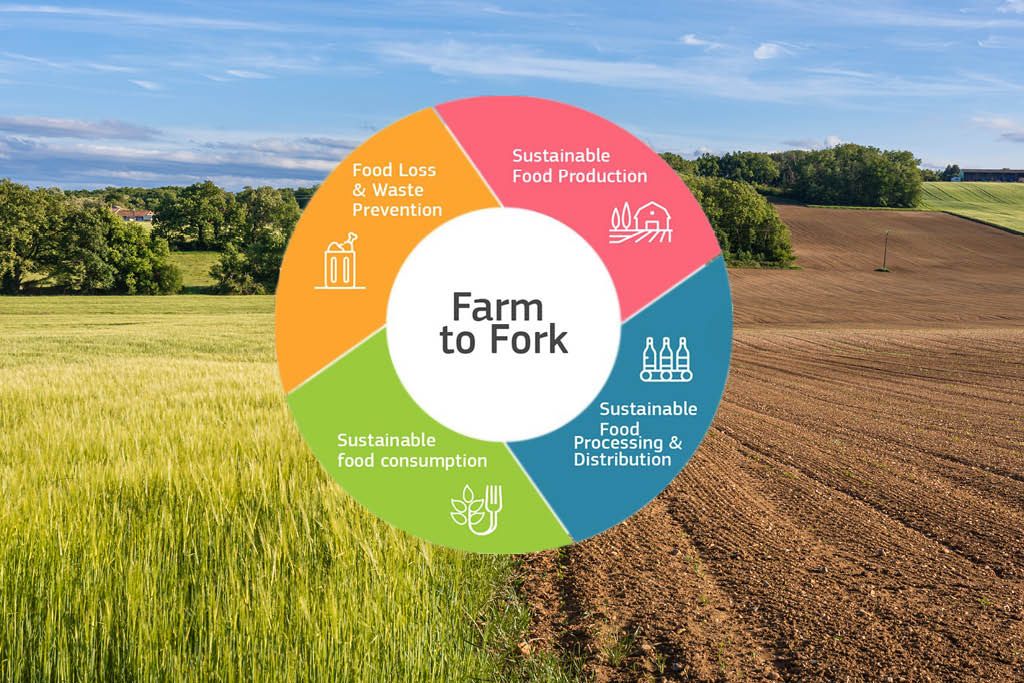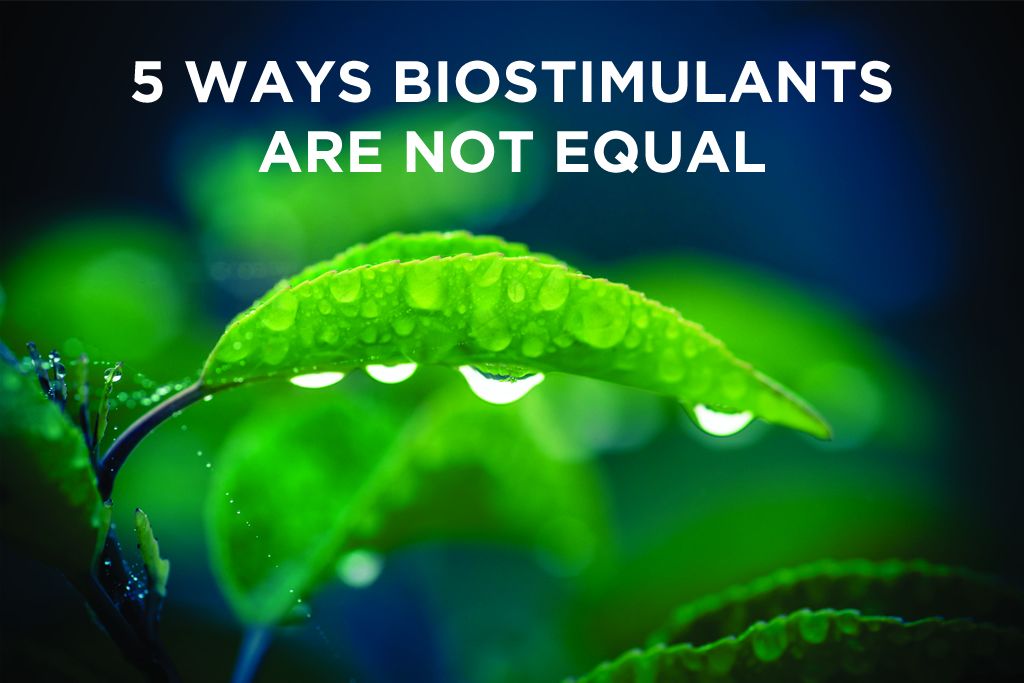BLOG #40

Humankind is facing tremendous challenges in agriculture: the climate is changing; the global population is growing quickly, and soils are becoming increasingly degraded. In this fast-changing world and given the urgent need to eliminate hunger and ensure resilient food systems, the need to restore degraded soil, preserve and improve soil health is growing every day. Soil is a non-renewable resource, the rate of degradation can be rapid, while the formation and regeneration processes are extremely slow. Soil is the foundation for agriculture and the medium in which nearly all food-producing plants grow, it is known that 95% of our food is produced directly or indirectly in our soils.
Healthy soils supply the essential nutrients, water, oxygen and root support that our food-producing plants need to grow and flourish. Soils also serve as a buffer to protect delicate plant roots from drastic fluctuations in temperature. Furthermore, the soil also performs hidden and less evident functions, the so-called ecosystem services like storing, filtering and transforming nutrients, substances and water, biodiversity pool and storage of carbon. Soils are fundamental to life on Earth, but human pressures and intensive agriculture practices are threating agroecosystems productivity. Careful soil management is one essential element of regenerative agriculture and provides a valuable lever for climate regulation and a pathway for safeguarding ecosystem services and biodiversity.
Successful farm production starts with healthy soil, for this reason is critical to monitor the status of the soil and be able to make informed decisions about soil and plant management. Standard soil analysis is a valuable farm practice that determines the exact amount of available crop nutrients in the soil. It also provides a visible snapshot of various chemical, physical, and biological soil properties. But with innovative technologies available it’s feasible do more to help farmers. Nowadays, advanced soil analysis carried out through an innovative and exclusive process are a new tool available for growers. Leveraging advanced omics technologies, is possible to perform metabolomic soil analysis and measure all the metabolites of the soil: in this way we know what type of microbial is active in the soil and the family of the chemical molecule. We detect bacterial and fungal beneficial plant molecules or pathogenic ones. Knowing the relationship between positive, negative, and neutral compounds allows us to measure soil health and well-being as never done before. For example, measure the plant defense metabolites which are related to crop yield and siderophore metabolites that are related to iron nutrition. Moreover, this exclusive metabolomic analysis provides information about soil organic matter, nutrients availability and microbial biodiversity to have a comprehensive picture of the soil status.
A single analysis will bring many advantages to farmer and allow to: better understand soil composition, inform about the presence and the type of microbials (beneficial and pathogenic), measure soil health and well-being, supply tailor-made amount of nutritional elements responding exclusively to the real needs of the crop, save unnecessary costs, prevent risk of pollution and fertility loss, predict disease risk, establish a correct plant and diseases management strategy, increase farmer profitability and predict yield level.
Being able to analyze and understand the soil health empowers us to take the correct decisions and apply the correct solutions. Based on the analysis results we can establish a tailor-made fertilization plan. In this regard, we propose an integrated approach to keep agricultural soil alive and healthy applying sustainable solutions: organic fertilizers, vegetal derived plant biostimulants and beneficial microbials. These solutions act on two of the main indicators of soil health, organic matter and biodiversity. Organic fertilizers contain a large quantity of humified organic matter and their application in the soil has shown to increase soil respiration, an indicator of soil microbial abundance and activity. Microbial biostimulants directly increase the biodiversity, releasing microorganisms into the soil. Besides, beneficial microorganisms improve nutrient use efficiency and nutrient availability for plant uptake, solubilizing soil nutrients and increasing root absorption area. In addition, Vegetal protein hydrolysates, can modify the microbiome on plant tissues increasing the microbial biodiversity and especially plant growth promoting bacteria.
The soil is not just the support of the plant. It is a complex world where millions of microbial, insects, algae, archea and other organisms live. All these forms of life are in balance but constantly in change due to the natural fluctuations in climate and human activities related to agricultural production. Most of the time this equilibrium is not optimal for plant growth and yield. Thanks to the metabolomic analysis, farmers can make smart decision about soil management while the integrated approach to soil fertilization will ensure optimal crop growth and input management, resulting in an increased profitability.
To know more: www.care4soil.com

Powered by Hello Nature

















